#the night norse
Explore tagged Tumblr posts
Text


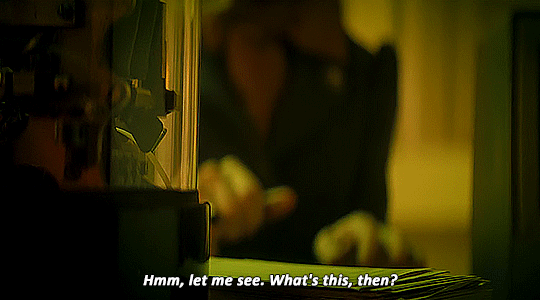

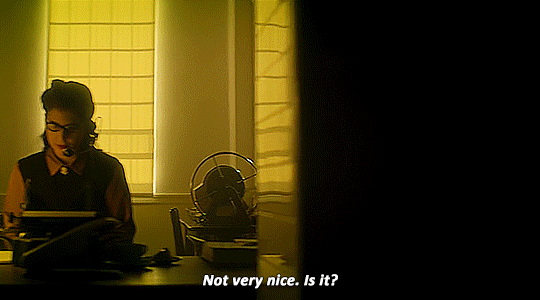

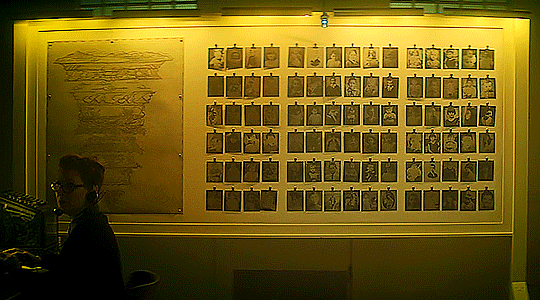
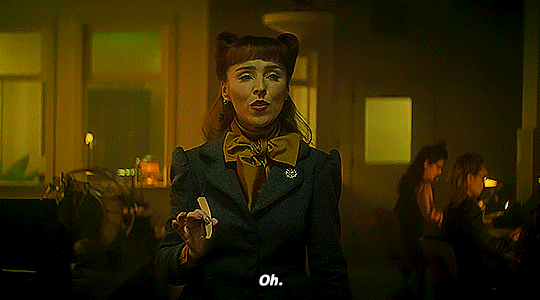
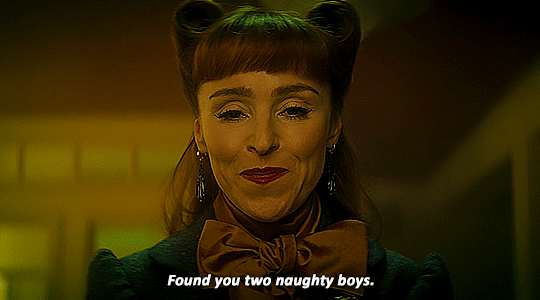

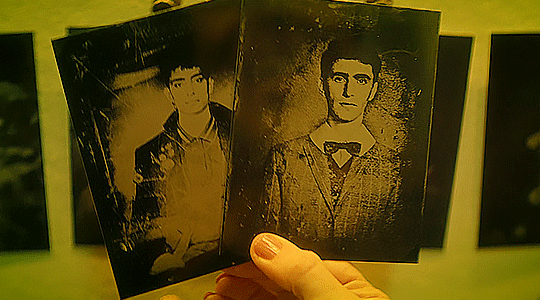
Dead Boy Detectives 1.01 | The Case of Crystal Palace
#night nurse#the night norse#dbd#dead boy detectives#dbdedit#deadboydetectivesedit#netflixedit#netflix#neil gaiman#tvedit#tvedits#ruth connell#ruthie connell#1x01#the case of crystal palace#my gifs#edit
99 notes
·
View notes
Text
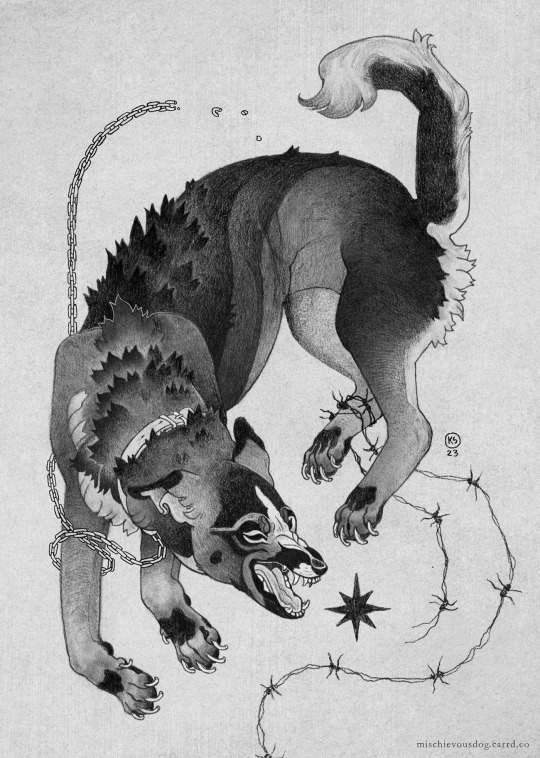
Heir of Fenrir
#artists on tumblr#canine#dog#mixed media#mutt#a little personal piece in honor of the polar night!#I live at the arctic circle so it's pretty dark around here during this time of the year#it almost feels like the sun has been swallowed up by some entity. never fails to remind me of fenrir from norse mythology#art
4K notes
·
View notes
Text

Yes
#lokius#loki#night at the museum#jedidiah x octavius#my roman empire & norse mythology#owen wilson#tom hiddleston#finally found a way to relate with the meme😭#queerbait but got good vibes so
6K notes
·
View notes
Text
I often see people lamenting how difficult it is to research norse myth. No story seems quite consistent through time and space, no interpretation is exactly the same, no pre-Christian group even believed in exactly the same way… Would it not be easier if nordic religions came in one, monolithic package— all fossilized together into a single block? But one comes to realize that they don’t, and it’s proof of their wonderfully diverse nature. Oral tradition in Scandinavia, dating back long before the Viking Age and surviving into the christianization period, was unbelievably alive and organic. And taking it all in is a joy in and of itself— not necessarily seeking to acquire a single answer to every question we as heathens find ourselves pondering, but rather, appreciating the myths for what they were: ever-evolving, ever-shapeshifting.
#on that note#hail the Gods#good night to you all#heathenry#thought#norse paganism#spirituality#polytheism#norse polytheism#paganism#norse gods#deities#deity work#mythology#norse mythology
558 notes
·
View notes
Note
Have you used your powers at all since getting to Hotel Valhalla?
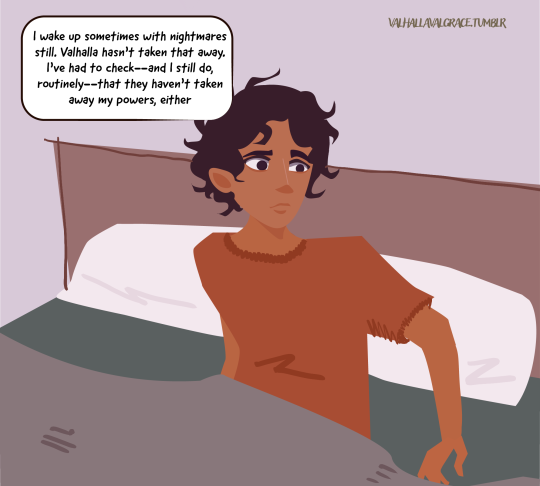
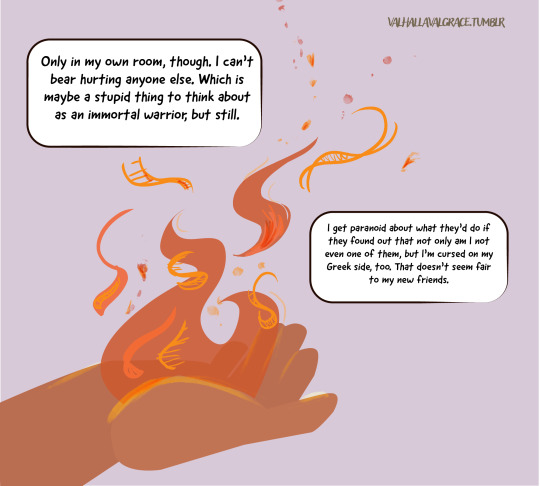
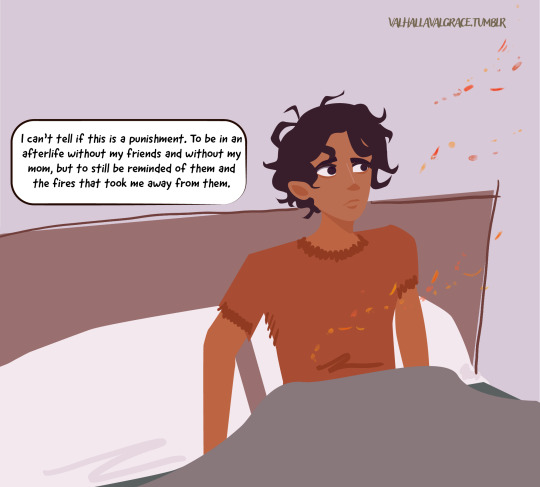
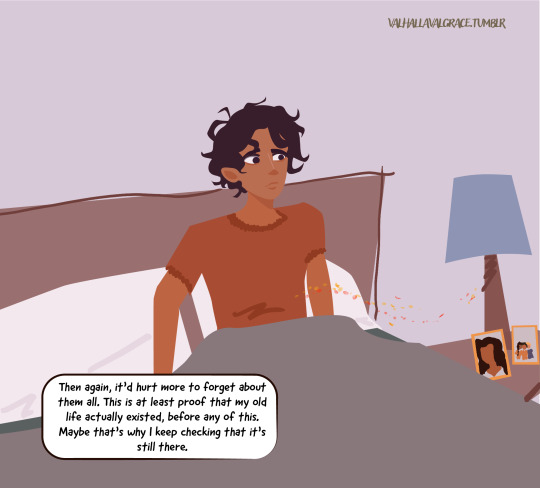
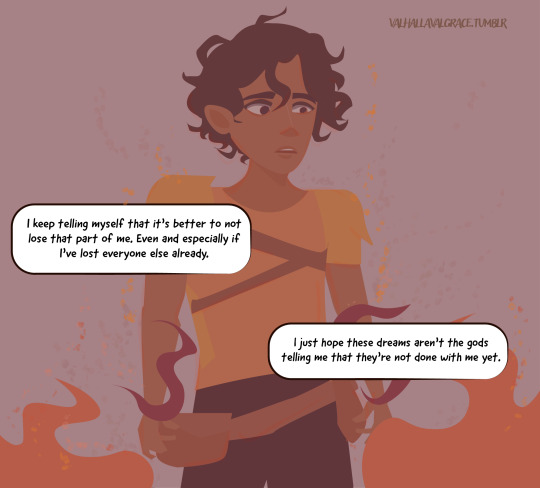
Leo hasn't used his powers once in battle and it's probably costed him a couple losses. (The dreams are likely both from the gods and also from genuine demigod PTSD.)
I've posted a flashforward in-universe valgrace fanart about this arc here... he'll be happy again one day I'm sorry
prev ask
#peep jasipereo in the back frame <3 also esperanza <3#wish me luck at school tomorrow yall and enjoy this while I'm gone! I'll probably work on more updates about his role in the norse afterlif#& in HoT as a result (which does mean alex!) soon... but I actually need to open my HoT copy for that... so..#yeah idk wish me luck for now and feel free to ask middle-of-the-night!Leo some more angst bwahaha. ty anon for this opportunity#leo valdez#valhalla!valgrace#magnus chase#mcga#blood of olympus#hotel valhalla#valgrace#v²au#art#magnus chase and the gods of asgard#esperanza valdez#liper#platonic liper#<- BRIEF mention in the background but yall I wanna hear leo ramble about his best friends... give him the chance
54 notes
·
View notes
Text
Incorrect Statements about Fenrir
(Not calling names or pointing fingers. If anyone starts drama then that’s on them.)
“Fenrir is nothing but a wild animal.”
And this is exactly why wolf culls happen. In the year 2024, when we have proof of animals having individual cultures and possibly religions (see corvids, elephants and monkeys), proof wolves will do everything they can to avoid us, and more than enough proof of their social hierarchy, you’d think this sentiment would’ve died by now. But nope. If Fenrir is a wolf, do forgive me for suspecting he acts like a fucking wolf.
“Fenrir will keep you at arms length.”
Back to the point of wolves being scared of people; if he’s keeping you at arms length, it’s probably cause he doesn’t trust you. And there’s only one reason he wouldn’t trust you; you don’t trust him. I know, shocker! A wolf who has learned to avoid people who treat him with hate, fear and ire avoids people who treat him with hate, fear and ire. Who would’ve thought?
“Fenrir is like a military boot camp.”
Tell me you think of Fenrir as just bloodthirsty without telling me you think of him as just bloodthirsty. I suspect this goes back to the idea of snarling, child-killing, Black muscular hulks of beasts that has been run into the ground as a stereotype. He may be stern and thorough, but he’s not a military drill sergeant. He is not aggression and macho-hyper-masculinity.
“Fenrir is evil.”
Wolves are keystone species. If you take them out, the entire ecosystem collapses. Ask Yellowstone how it found out. Fenrir isn’t evil in the same way Odin isn’t good. There’s no “good vs bad” in Heathenry, merely actions and consequences. Cut it out.
“Fenrir will not comfort you.”
When a wolf dies in a pack, the entire pack mourns. Some packs will break apart after the deaths of the breeding pair. If one of the breeding pair dies, the other mourns. Even after misbehaving members are corrected wolves will give them affirming licks to remind them they are family. What makes you think Fenrir wouldn’t apply to any of this? What makes you think that if a follower, a member of his pack, is suffering that he’ll just sit on the side and watch?
Funny thing is, if I said any of these sentiments but with one of the Aesir I’d get instant clap back.
“Thor is just a drunk swinging a hammer during temper tantrum.” - Not true at all; none of these define him. So why then is Fenrir shoved in a books of assumptions?
“Heimdall will keep you at arms length.” - For what reason? If y’all trust each other, what would be the problem?
If you wouldn’t say it about the Aesir or Vanir, then don’t say it about Fenrir either. Quit trying to paint him as a demon or devil.
#fenrir#fenrir pagan#norse paganism#norse pagan#paganism#norse heathen#heathenry#pagan#it’s a late night for me so I’m going through my drafts and uploading a few
48 notes
·
View notes
Text

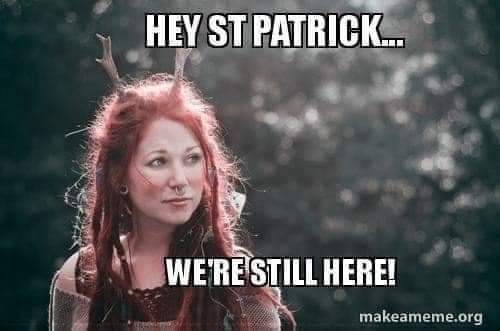
St Patrick's Day - a very very bizarre celebration indeed. A British and Roman priest who attempted to annihilate the Druids, conducted exorcisms to banish the great Irish faery deity Aine, who told lies about the faery, who claimed he threw Pagan women who would not convert into the ocean and they became mermaids, who "drove out the snakes" (the Pagan ways) and attempted to turn the great bright god Lugh into Lugh-chromain (Little stooping Lugh) which would become "lephrecaun". I adore the Irish. I revere Ireland. I have that old blood singing within my veins. But this day is a day to celebrate the survival of the Old Ways despite what this "Saint" represented and the cruel action he took. Today, I wear the green, for the fae, for the Old Ways, for the shining ones and the deep love of the land. Blessings to you all my friends. A blessing on the survival of the old ways, and of the Truth emerging from the distortions of history.
🇮🇪☘️🍀💚☘️🍀🇮🇪
#irish folklore#irish history#irish#viking#pagan wicca#pagan#pagan witch#heathenry#heathen#vikings#fae#fairycore#green witch#night fae#mermaid#history#wiccan#magik#st patricks day#country living#celtic#forest witch#norse#ireland
113 notes
·
View notes
Text

Nótt riding Hrímfaxi by Peter Nicolai Arbo
#peter nicolai arbo#art#nótt#night#hrímfaxi#horse#hrimfaxi#norse mythology#germanic mythology#norway#norwegian#northern europe#horses#prose edda#poetic edda#europe#european#scandinavia#scandinavian#nordic#norse#old norse#snorri sturluson#mythology#sky
122 notes
·
View notes
Text
"Happy father's Day from Norway!! 🇳🇴"
I drew some father figures of mine (definitely not all of them) and my own dad? Lmaoo I guess he kinda counts! 😭

#norse mythology#loki#loki laufeyson#loki laufeyjarson#five nights at freddy's#fnaf amaranth au#fnaf fanart#fnaf au#fnaf phone guy#fnaf ralph#phone guy fnaf#ralph fnaf#fnaf#happy father's day#chibi art#chibi#cute chibi#chibi character
21 notes
·
View notes
Text
All right, so we've seen this post by @fuckyeahcoffeeandequality
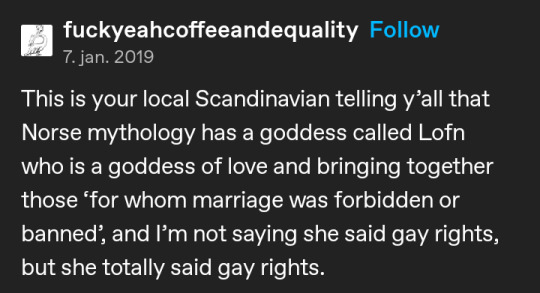
And they're absolutely correct. Some people actually say that Lofn and other goddesses are just different names or aspects of Frigg and/or Freyja, but I am wary of these claims since there are very few sources for norse mythology and there could be many reasons why there is much less written about the goddesses than the gods. But that's just me, and I am by no means an expert in the field. Snorri's Edda does say that Lofn unites those for whom marrige is forbidden, though, and that sounds pretty gay.
A little digression, bear with me I promise I have a point. Lavender has been used as a symbol for homosexuality and queerness for quite some time, and the colour purple even longer. "The Lavender Scare", "Lavender Menace" and "lavender marrige" are all terms and names from queer history, and the colour and the flower came to be empowering for queer people.

WELL
In Icelandic, the name for lavender is 'lofnarblóm', literally translated as 'the flower of Lofn'. The plant is not native to the island and the word seems to be quite recent (the first written example of it I can find is from 1986), in all the other nordic languages they call it some sort of variation of lavendel, except for Faroese, where it appears to be called 'bath plant' (I'm so sorry, I don't speak Faroese). There are a few other words that start with lofnar-, most likely as a reference to the goddess, but most of them seem to be rather old and/or uncommon. I have no idea why 'lofnarblóm' was chosen as a translation for lavender. Knowing icelandic history, the queer connotation was probably not on purpose, but I can't help but get excited about the connection.
TL;DR: Lavender (aka the gay flower) is named after Lofn (aka the gay goddess in norse mythology) in icelandic
#queer history#lavender#linguistics#if anyone has anything to add#please do#night watch posting#it is seven in the am and i am going to bed#queer symbolism#gay#lgbtq#Icelandic#norse mythology#pride
292 notes
·
View notes
Text
here is a list of books I love that everyone should read.
-The folk of the air series by Holly black (cruel prince, wicked king, etc).
-Six of crows duoligy/king of scars by Leigh Bardugo duoligy.
-Witch haven duoligy by Sasha Payton Smith.
-Nightworld series by L. J. Smith (unfinished series).
-The things she's seen by Ambelin and Ezekiel Kwaymullina.
-Nimona by N. D. Stevenson.
-Lore by Alexandra Bracken.
-Shamaborn series by Lori M. Lee.
-The secret circle series by L. J. Smith.
-Entertwined by Heather Dixon.
-The Guardians series by William Joyce.
-The Forbidden Game by L. J. Smith.
-King Nyx by Kirsten Bakis
-Any books by Flame Tree (mythology/history!!!).
I love all of these books so much, no matter what people say. if anyone wants to know about them, just lmk!
#crooked kingdom#leigh bardugo#six of crows#lore#greek mythology#norse mythology#roman mythology#witches#healers#books#reading#book reccomendation#the cruel prince#folk of the air#holly black#haven#the guardian#nimona#l.j. smith#night world#the forbidden game#secret circle#rule of wolves#king Nyx#kirsten bakis
23 notes
·
View notes
Text
Hail Óðinn, who guides on their journeys all those who dare to explore!

#heathenry#hail Odin#just a quick good night thought!#paganism#norse paganism#norse gods#deities#spirituality#deity work#polytheism
341 notes
·
View notes
Text
It's Mother's Night.
Usually on this day I make a post celebrating my Disir - ancestors and mothers and grandmothers and aunts. I thank Frigga. It started a few years ago when I was pregnant - something I never thought I could be.
And then my baby was stillborn. And I continued celebrating Mother's Night, but this time I thanked Frigga for welcoming my baby boy into her halls, hoping that one day I might meet him. And so it went.
This year, I for whatever reason, ran across a Mother's Night post on another platform that mentioned Sigyn - Loki's wife. It talked how she is a mother who is worth mentioning, as her children are driven mad and slain for their father's misdeeds, and how she mourns her sons. How she is considered a goddess of compassion for the grieving.
I had never considered this. But for some reason, it brought me to tears tonight.
I have always had trouble finding information re: the Norse pantheon and their views on stillborn or miscarried babies. I found one or two sources that were probably UPG regarding them going to Frigga's hall, warmed there at her hearth by the mothers who have gone before me, and obviously I've clung to it. I never considered working with other gods who have lost children in general, who might not be at first glance someone considered for a mother/parent type.
I think I need to start an altar piece for Sigyn and Loki.
(edit: it shouldn't need to be said but Nazi/far right/tradwife/quiverfull type folks aren't welcome on my posts. You'll be blocked. Thanks.)
54 notes
·
View notes
Text
✧༺Introduction post༻✧

«Welcome to my ask blog, where you can ask my characters any questions you'd like! But first and most importantly, here are the rules.»
**•̩̩͙✩•̩̩͙*˚ Ruless ˚*•̩̩͙✩•̩̩͙*˚*
Any NSFW asks will be ignored/deleted, they can be suggestive in nature but don't be explicit. NSFW asks towards minor characters seriously count in this context!
Please try to keep questions relevant/on topic with the characters respective universes!
Don’t send hate/negative asks about anyone, like the blog or the mod. If you don’t like it, don’t look/read it. <3
Any negative asks will be ignored unless they are constructive criticism or something that can help me improve!
Please don’t spam the same ask over and over if I don’t answer it right away. I will answer it eventually, I assure you!
Any general question, for example how the world's are built can be asked. Don't be afraid to come with those questions!
Questions set into the future are okay, but the primory timeline is before anyone's death or traumatic events!
*✧・゚:* This post will be updated in the near future! <3
**•̩̩͙✩•̩̩͙*˚ Universes ˚*•̩̩͙✩•̩̩͙*˚*
Fnaf Amaranth AU
✧・゚: *✧・゚:* «Characters you can ask..set before anyone has died.»
Afton family:
Vincent bishop Afton (44yrs)
Clara Schmidt (47yrs)
Lisa Renée Afton (39yrs)
Michael Schmidt Afton (16yrs)
Elizabeth Schmidt Afton (9yrs)
Chris Kenneth Afton (8yrs)
Jeremy Rosita Afton (7yrs)
Watson family:
Scott/Ralph Watson (41yrs)
Margaret/Maggie Aalefjær (40yrs)
Coppelia Adela Watson (11yrs)
Charlie Viljar Watson (11yrs)
Fritz Bartholomew Watson (7yrs)
Sammy Watson (4yrs)
Andrews family:
Mrs Andrews (44yrs)
Jenny/Jen Júlia Watson (46yrs)
Cassidy Andrews (13yrs)
Other:
Jeremy Fitzgerald
Fritz Smith
Mythology: Norse Pantheon.
✧・゚: *✧・゚:* «Characters you can ask..pre-ragnarok.»
Anyone listed within this folder!
(There are too many to list here!)
*✧・゚:* Main blog:
@sigyn-foxyposts
#mischief&asks#ask me anything#ask my ocs#ask my characters#norse mythology#fnaf amaranth au#five nights at freddy's#fnaf au#intro post#introduction#blog intro#pinned intro#introductory post#blog rules#rules
11 notes
·
View notes
Text

#aesthetic#mountains#nordic#mountain#europe#mist#northern lights#aurora borealis#snow#green#white#blue#night#night aesthetic#nordic aesthetic#norse#norse aesthetic#northern lights aesthetic#aurora borealis aesthetic#snow aesthetic
17 notes
·
View notes
Text
Nine Nights of Odin: The Hanged Man Lessons

Yggdrasil by Finnur Magnússon. The Public Domain Review (Public Domain)
«I know that I hung on a windy tree nine long nights, wounded with a spear, dedicated to Odin, myself to myself, on that tree of which no man knows from where its roots run».
—The Poetic Edda, Hávamál (Sayings of the High One), 138
According to Norse Mythology, Odin performed a self-sacrifice, hanging for nine nights on the World Tree Yggdrasil, pierced by a spear, to gain knowledge of the runes. Each night corresponds to one of Nine Worlds. Each world reviled its wisdom and secrets to Odin.
These nine nights commence on April 22 and culminate with Walpurgis Night on April 30 – May 1.
The same motif is woven into the 12 Major Arcana card – The Hanged Man.

The Hanged Man—“Pam-A” tarot card from the Rider–Waite Tarot deck, 1910. Public domain.
Keywords of the 12th Arcana: Initiation, sacrifice, moment of uncertainty, change of perspective.
The Hanged Man represents a person undergoing initiation. They hang to prepare for transition to another state, relinquishing control to feel the greater power of the world while demonstrating resilience and adaptability.
In everyday life, this state can be likened to being in limbo. If you find yourself in such a state, the following spread may assist you. Even Odin was’t alone during his quest for wisdom, so some support is always valuable.

«What is Ragnar doing sitting on the hillside? He’s preparing himself»
…
«What are you preparing for? What do you mean? I’ve watched you. You are about to do something. You have made yourself very strong».
— Vikings series

#archetypal tarot#tarot#major arcana#tarot cards#the hanged man#odin#tarot witch#tarotblr#witchblr#tarot spread#walpurgis night#thrimilci#beltane#tarot tips#tarotcommunity#rider-waite-smith#book of shadows#paganism#pagan witch#witchy#nature witch#wicca#pagan wicca#wiccablr#magic#witchcraft#norse paganism#norse mythology#norse gods#norse magic
24 notes
·
View notes